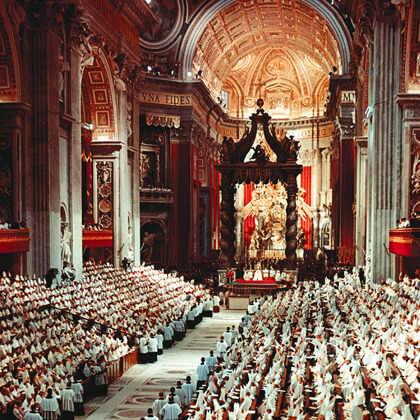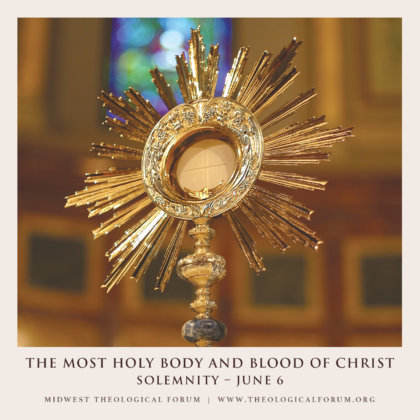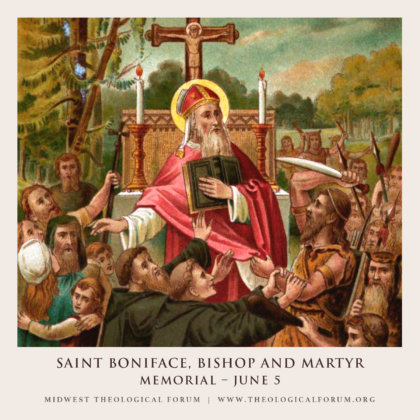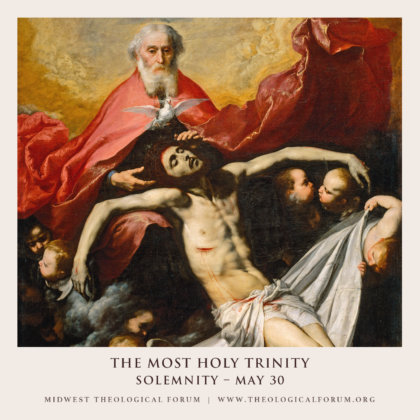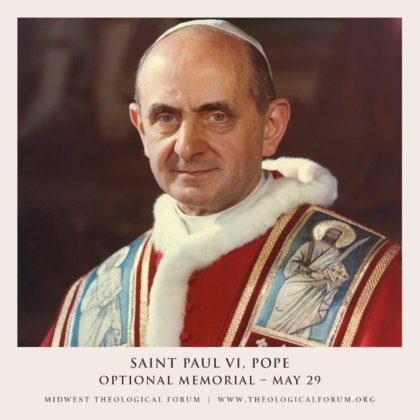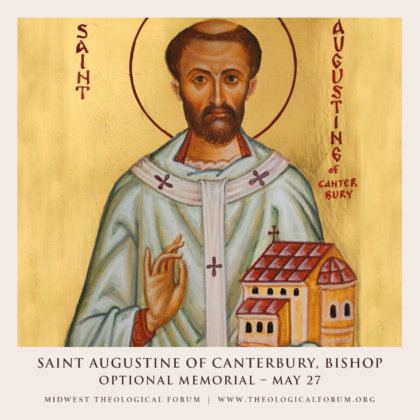*** *** *** Born in Nisibis, St. Ephrem (306– 373) was a deacon, poet, teacher, and defender of the faith. He is remembered for his hymns and biblical commentaries, many of which are still in existence. His works not only give praise and worship to God, but also teach about the Christian faith. Confronting the heresy of his time, St. Ephrem helped to spread Christianity in Syria, and is considered one of the most significant Church Fathers in the Syriac tradition.
— from St. Ephrem’s ‘Hymn to the Light’: “The Light of the just and joy of the upright is Christ Jesus our Lord. Begotten of the Father, He manifested himself to us. He came to rescue us from darkness and to fill us with the radiance of His light.”

